Electrical Power Assignment: Circuit Analysis and Power Factors
VerifiedAdded on 2023/01/18
|10
|494
|40
Homework Assignment
AI Summary
This document presents a detailed solution to an electrical power assignment, covering key concepts in electrical engineering. The solution addresses multiple questions, including calculations of inductive reactance, capacitive reactance, coil current, capacitor current, total current, and phase angles in AC circuits. It also involves impedance calculations, resonant frequency determination, and analysis of power factor correction. The assignment further explores three-phase power systems, comparing star and delta connections, and calculating total power dissipation. The document includes circuit diagrams, formulas, and step-by-step calculations to illustrate the concepts and provide a comprehensive understanding of electrical power principles. The assignment concludes with a list of references for further study.
1 out of 10
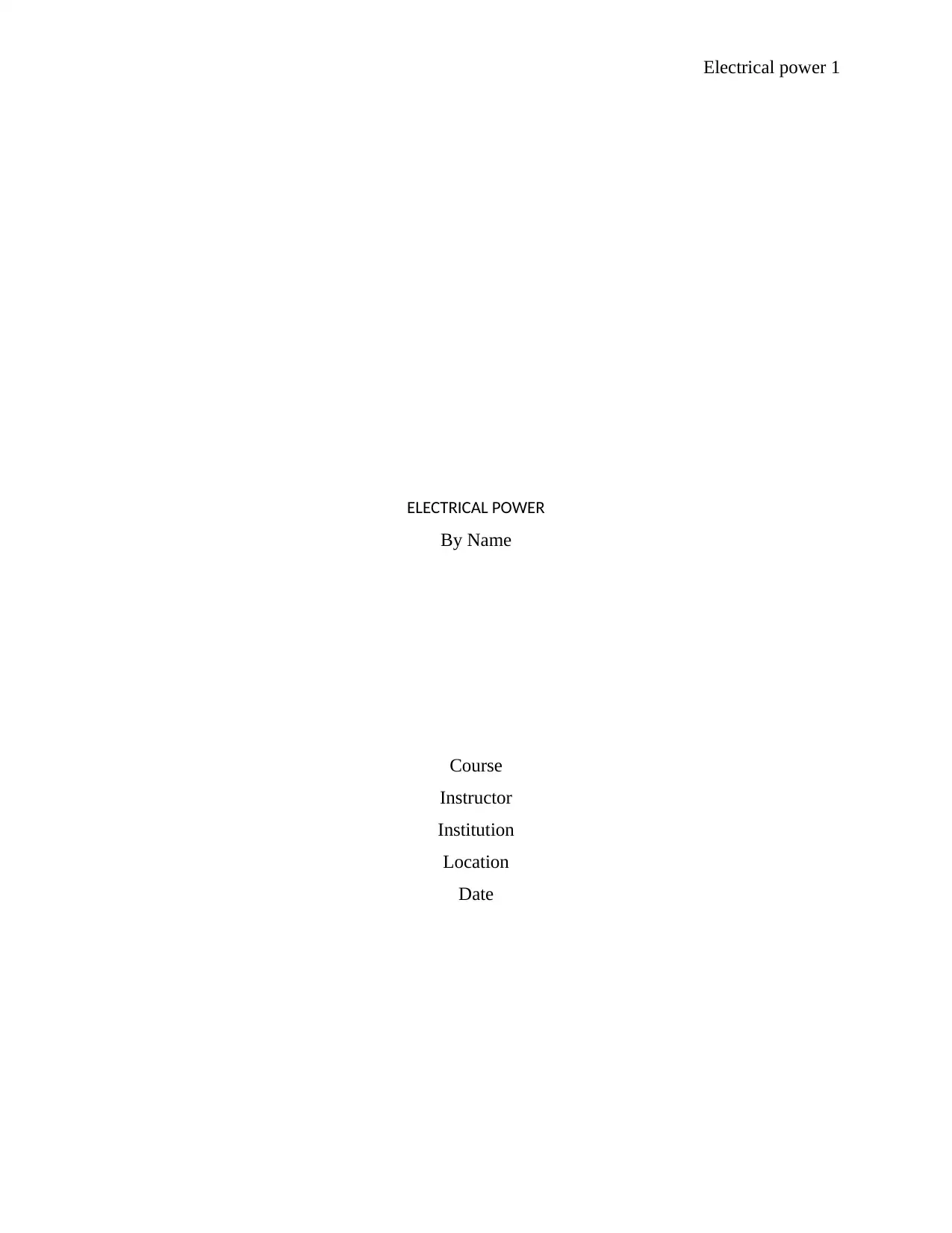
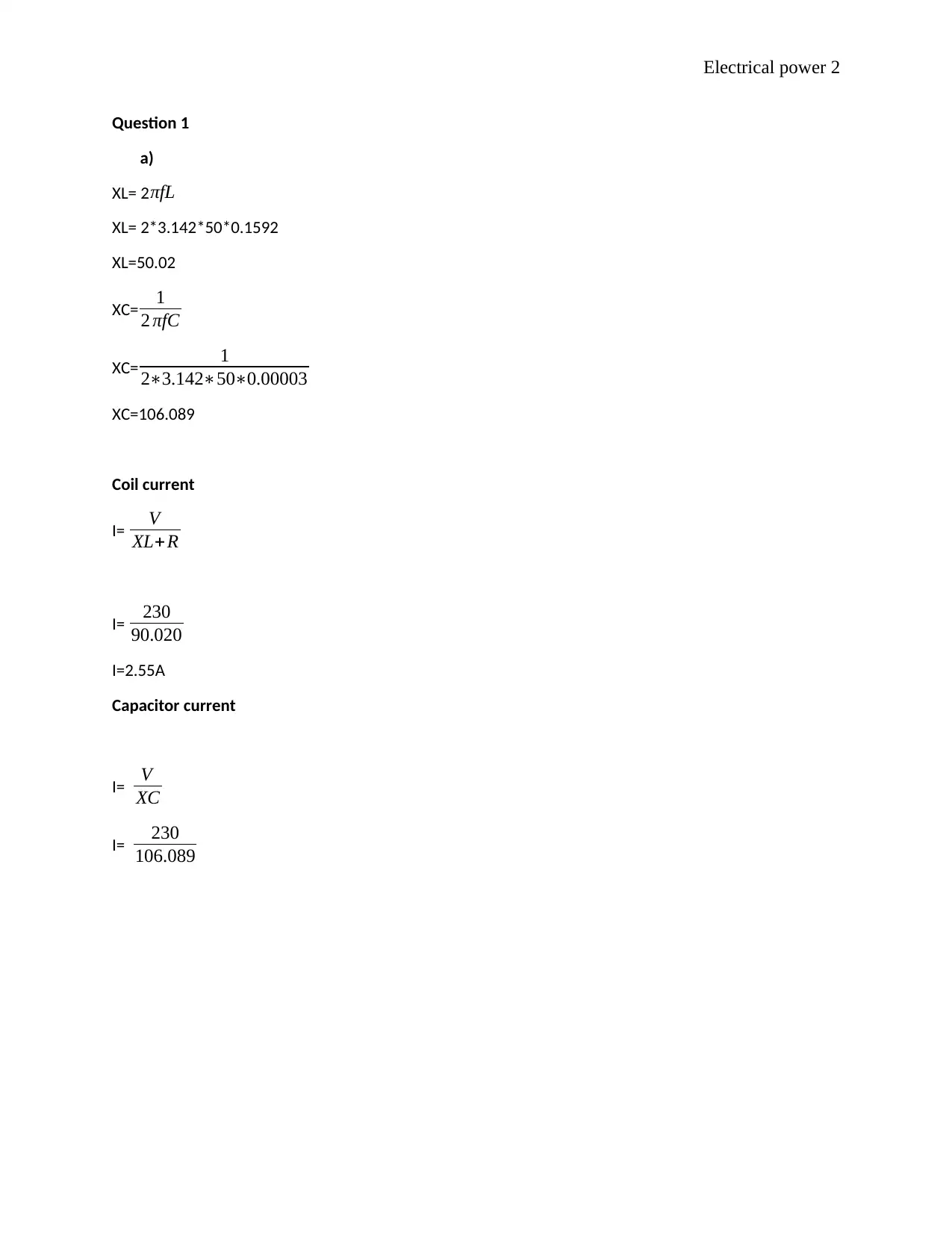
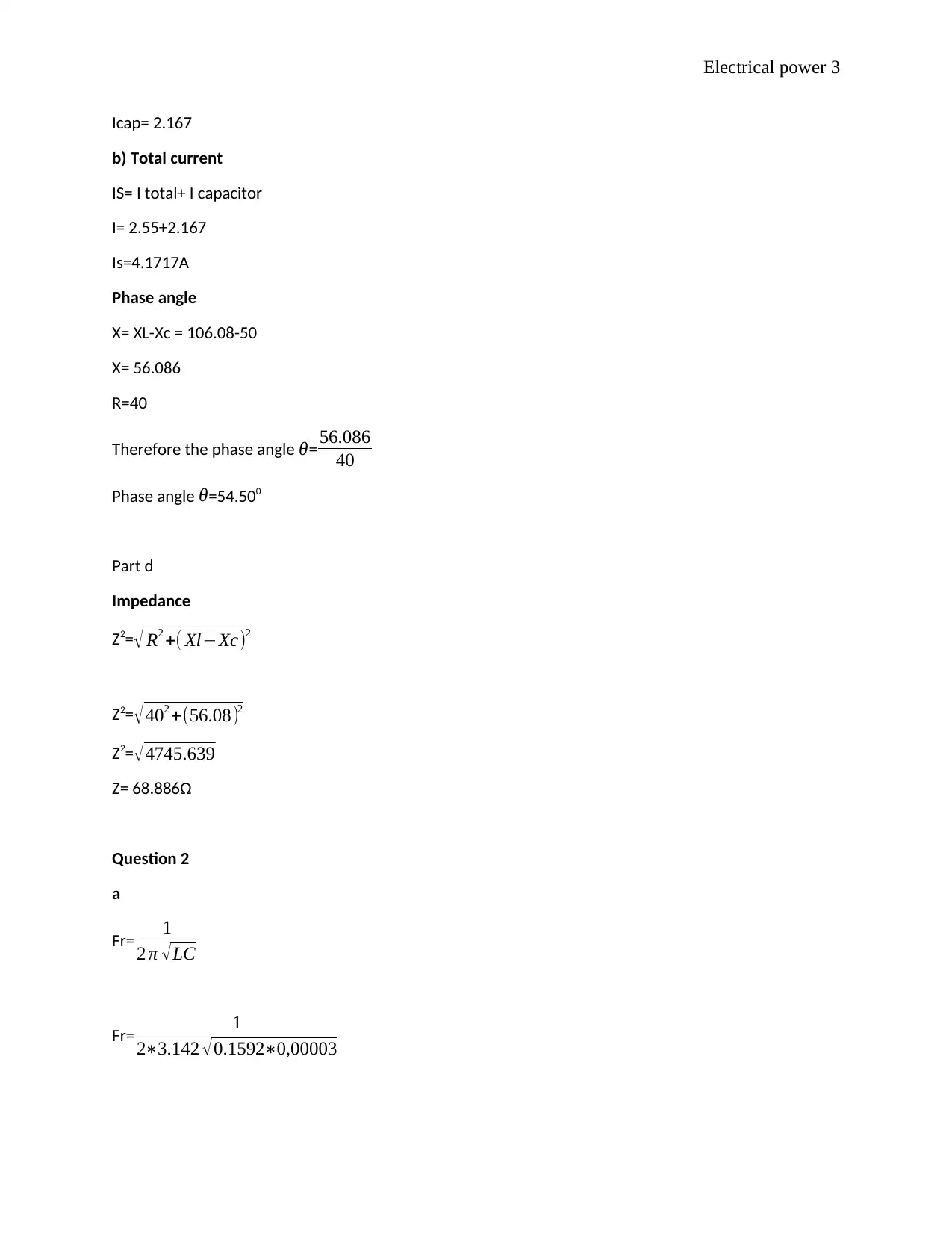

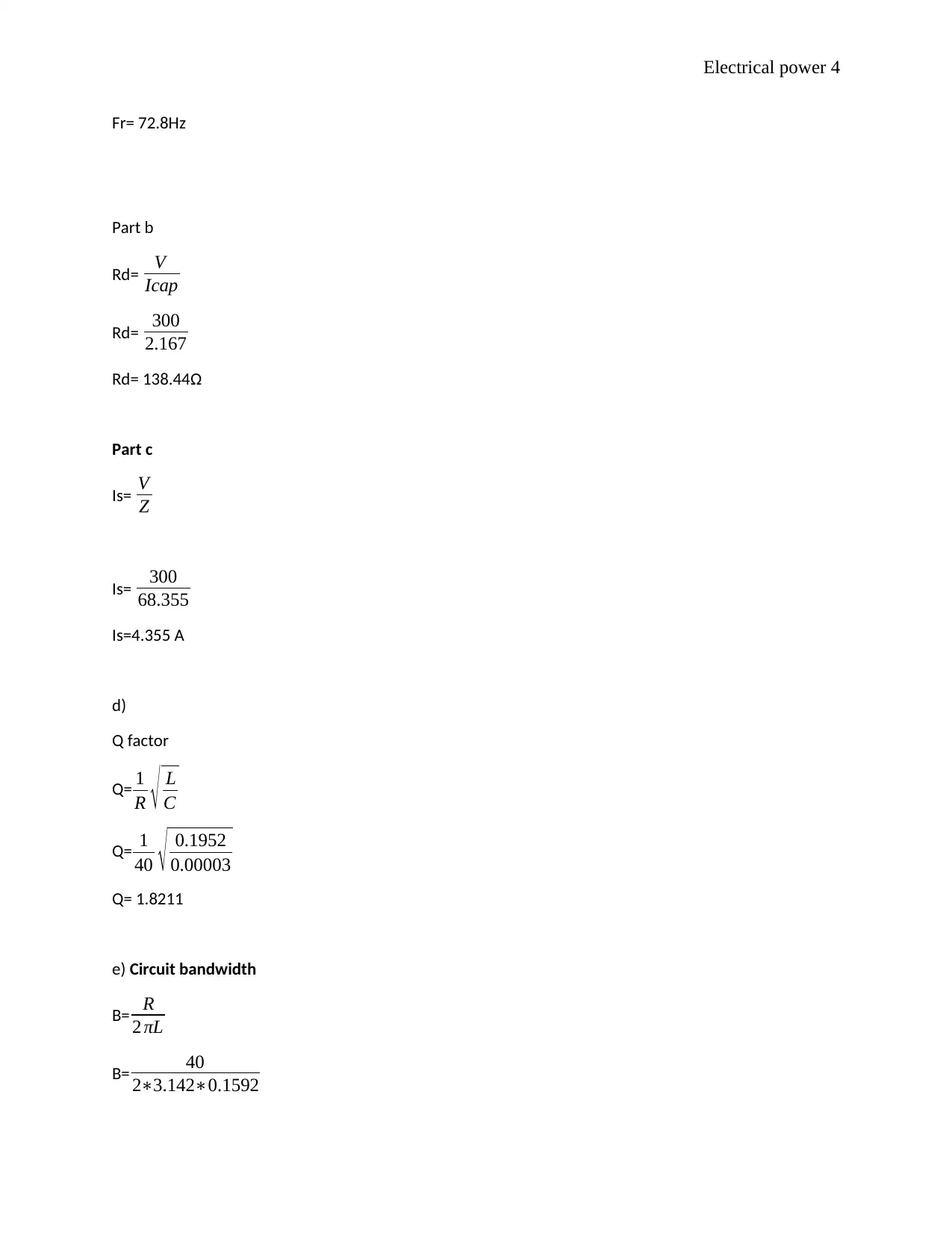
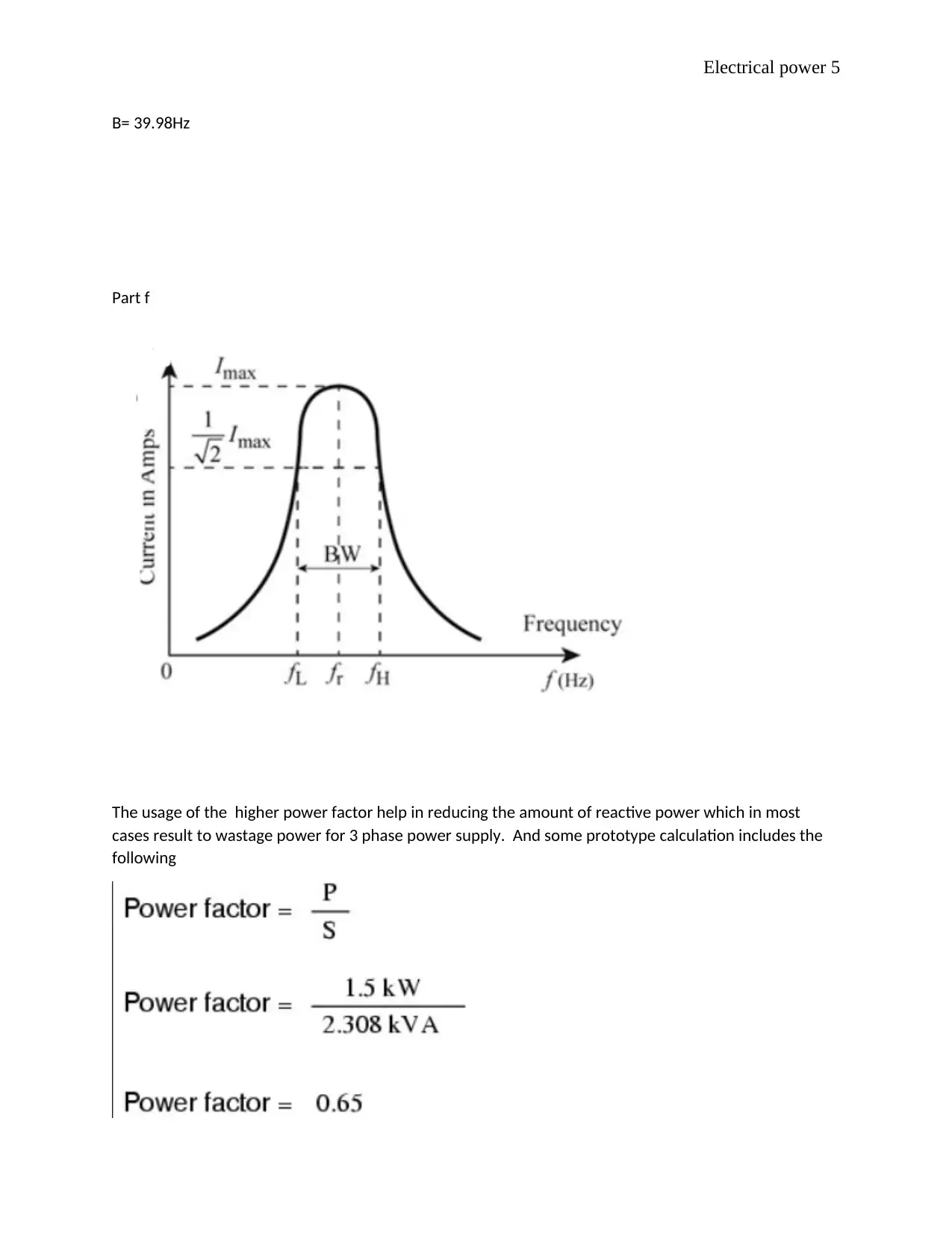
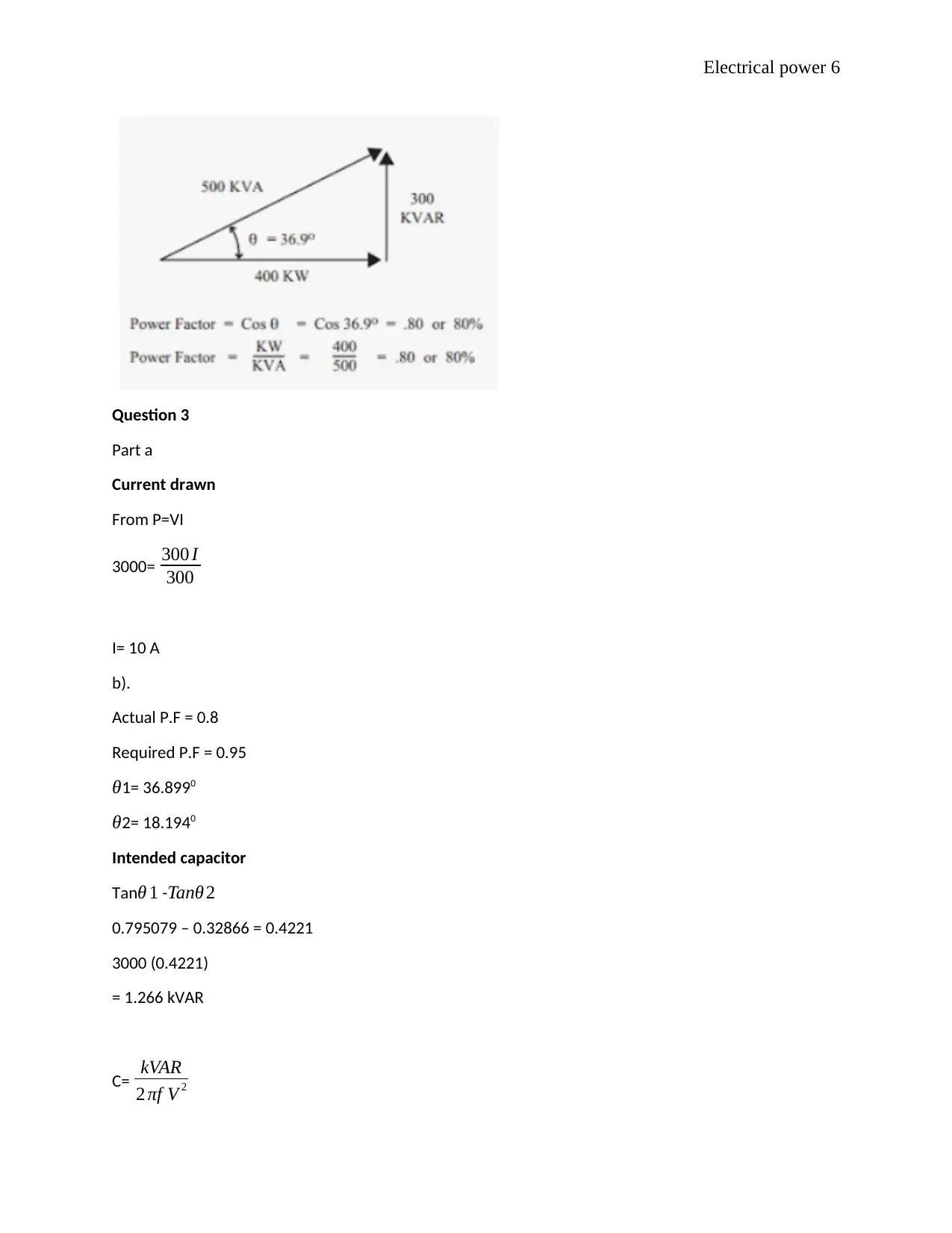
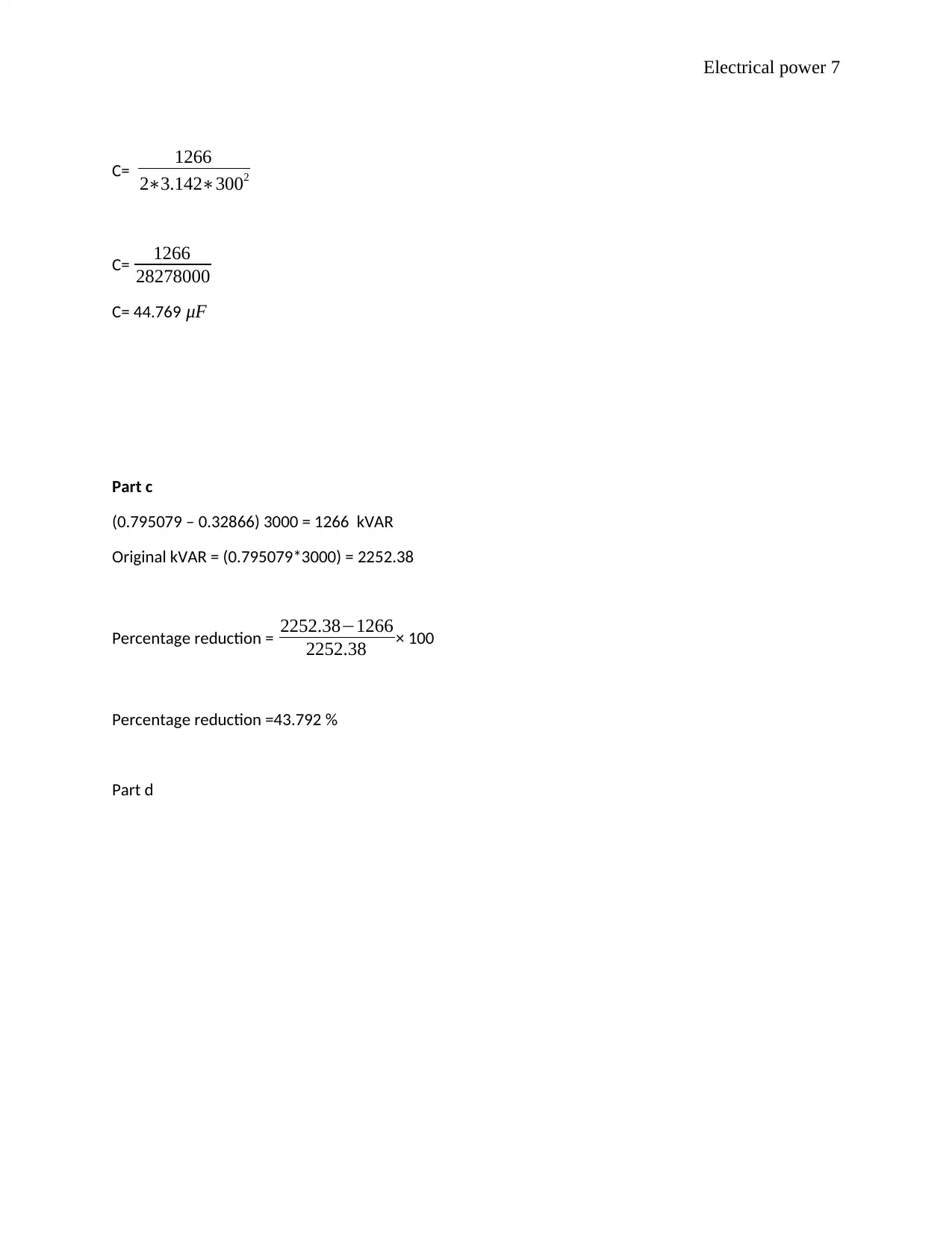
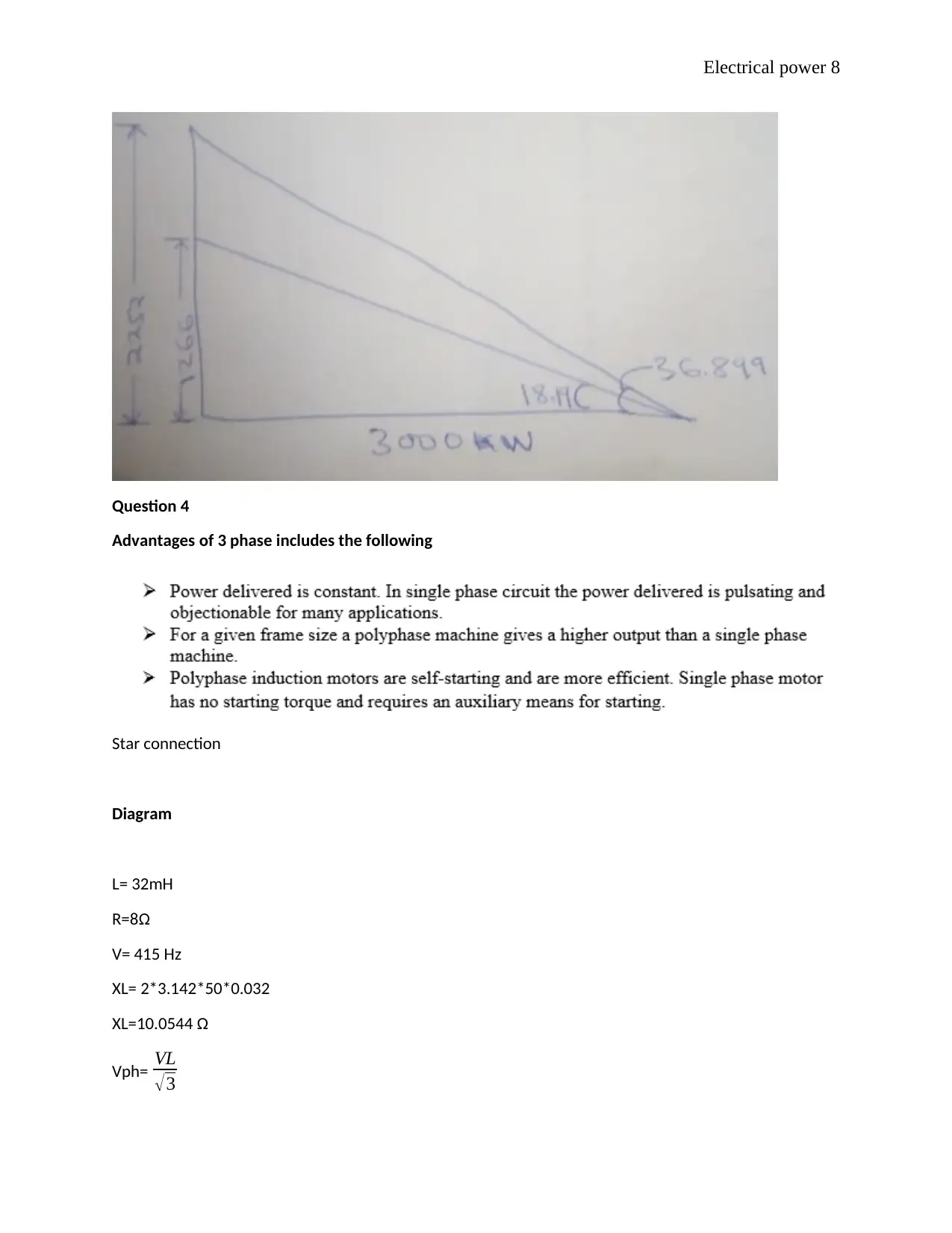
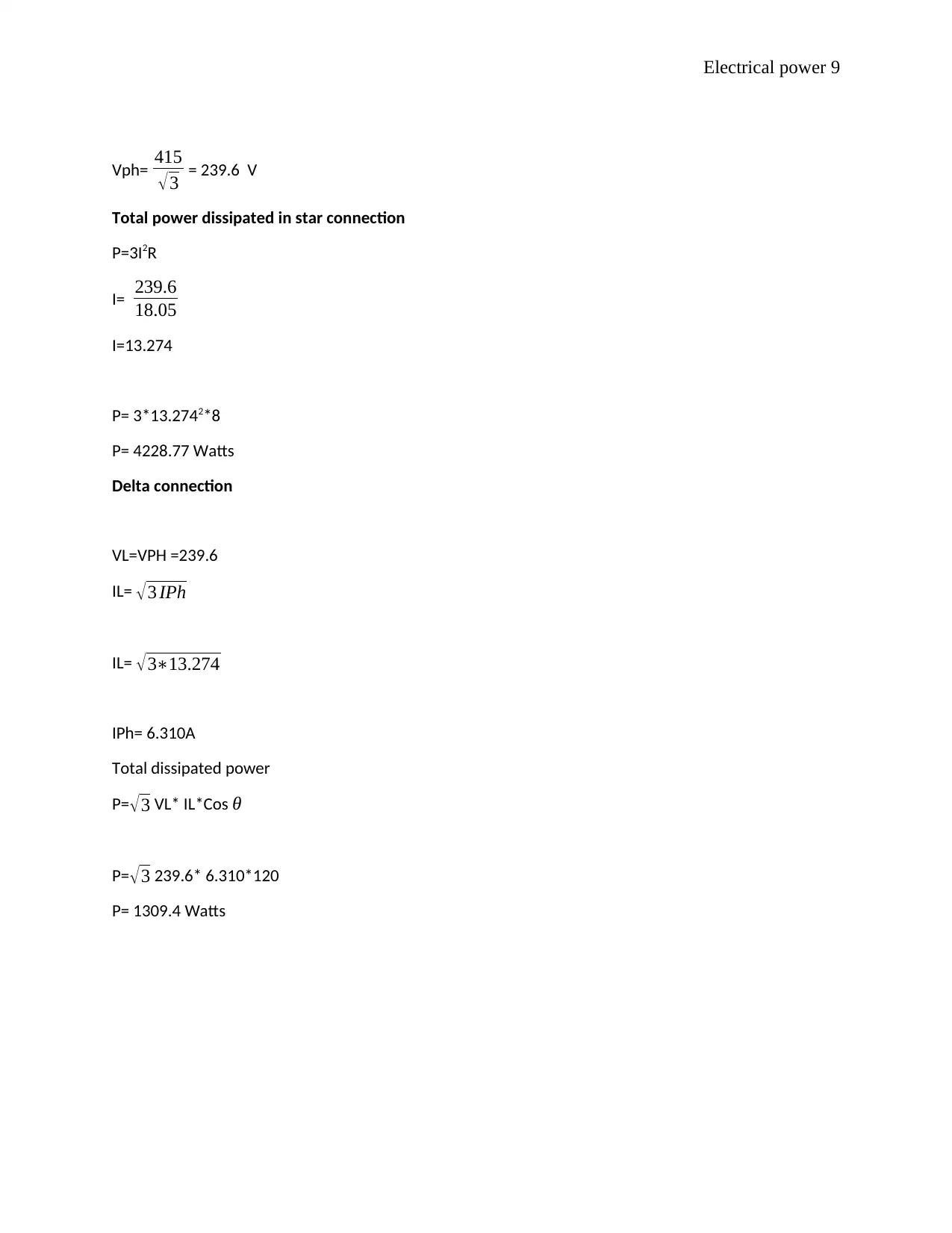
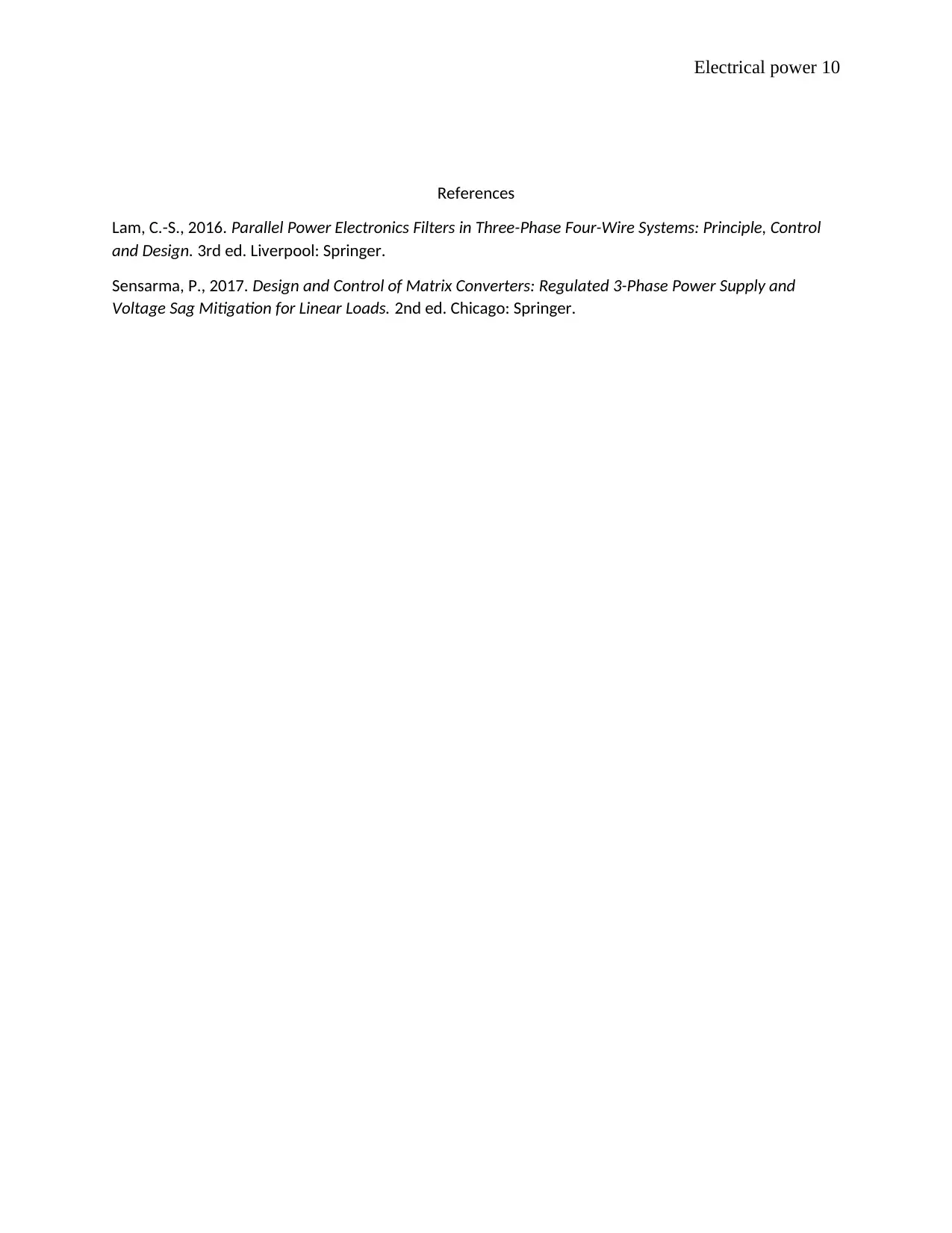

![[object Object]](/_next/static/media/star-bottom.7253800d.svg)